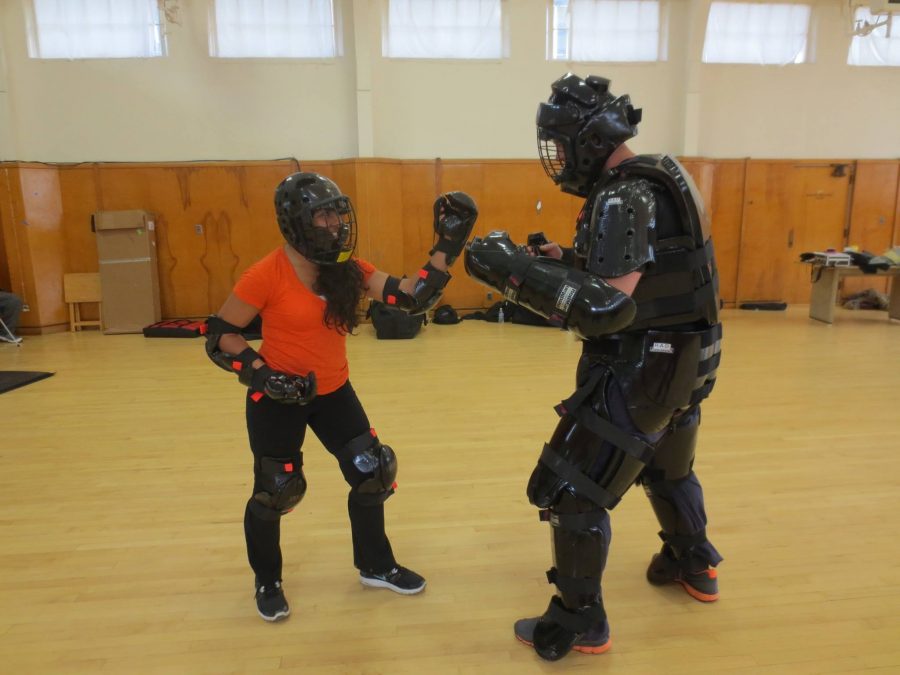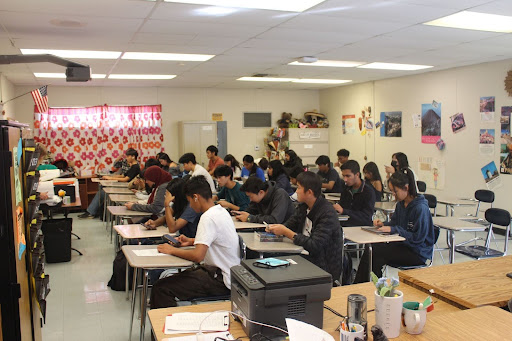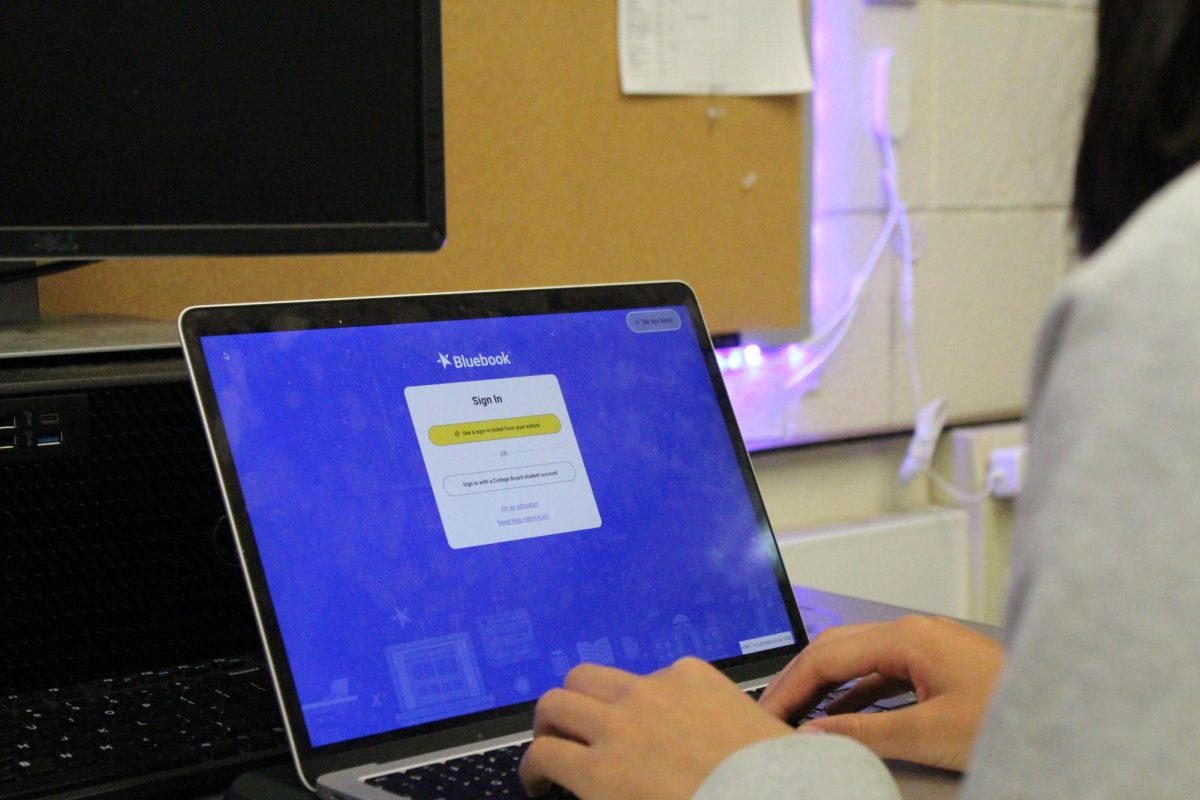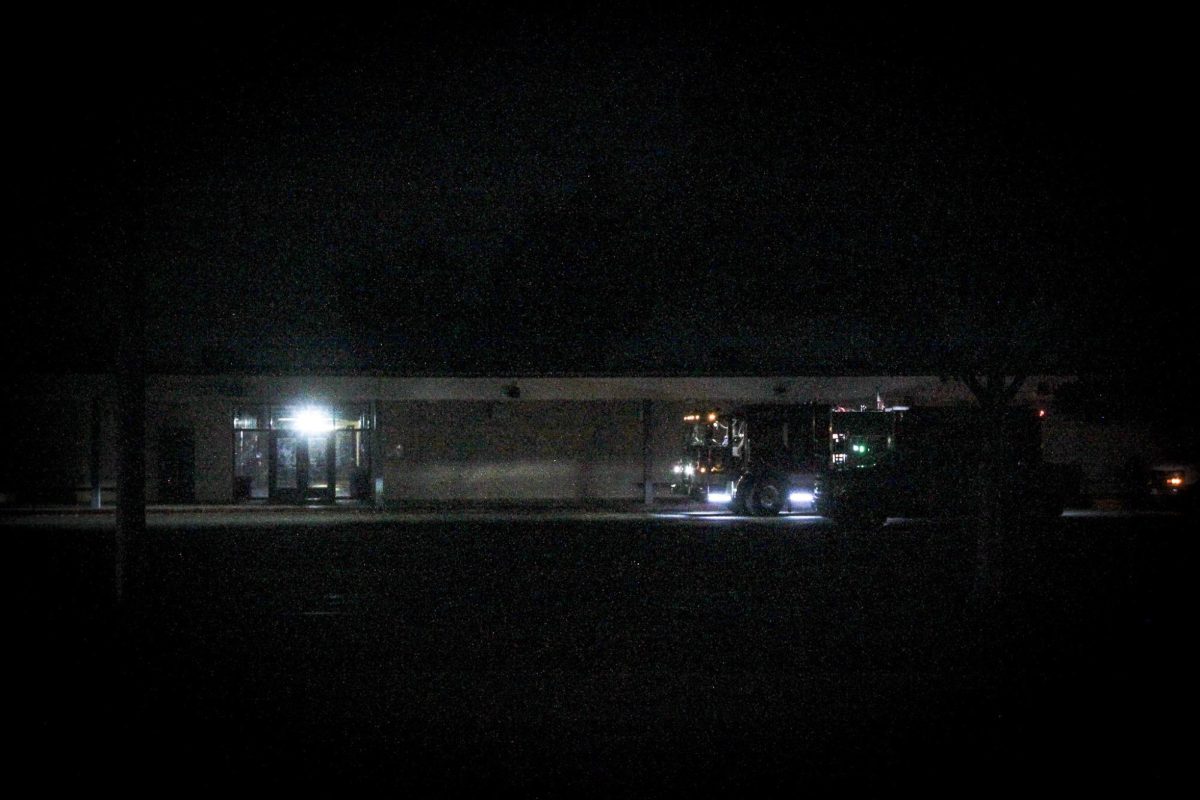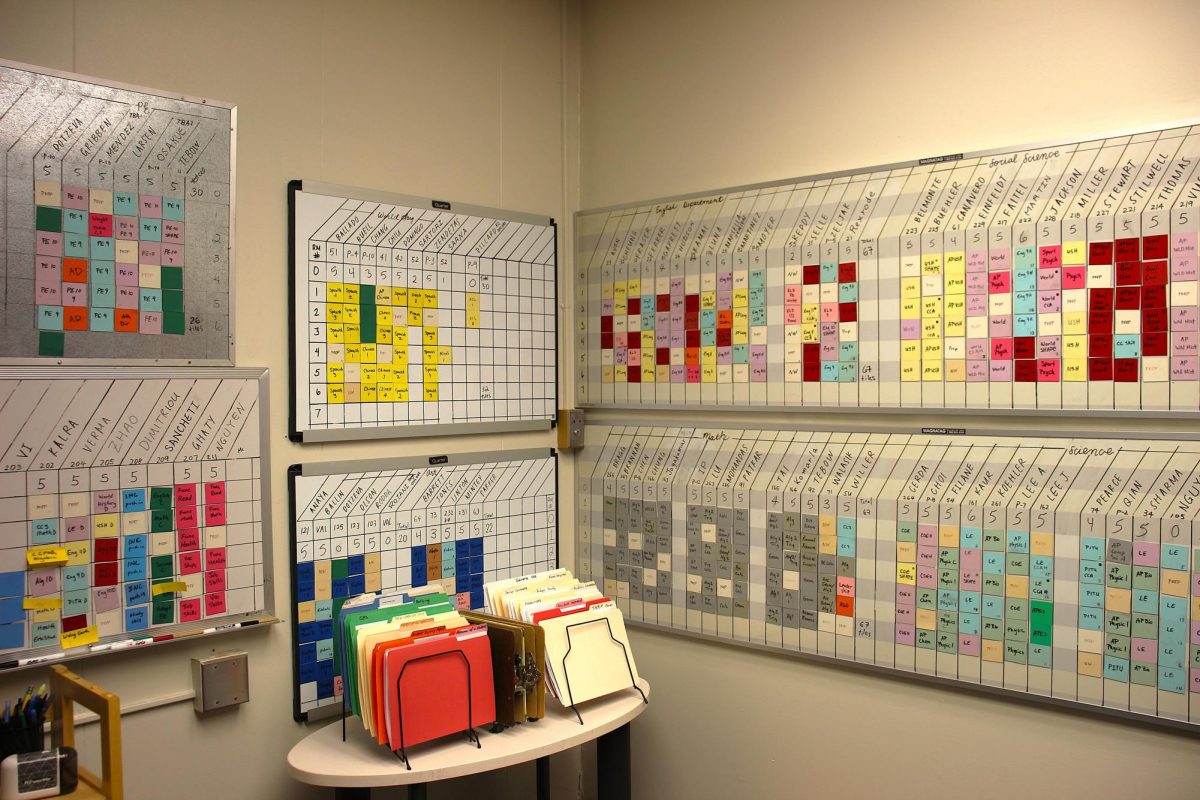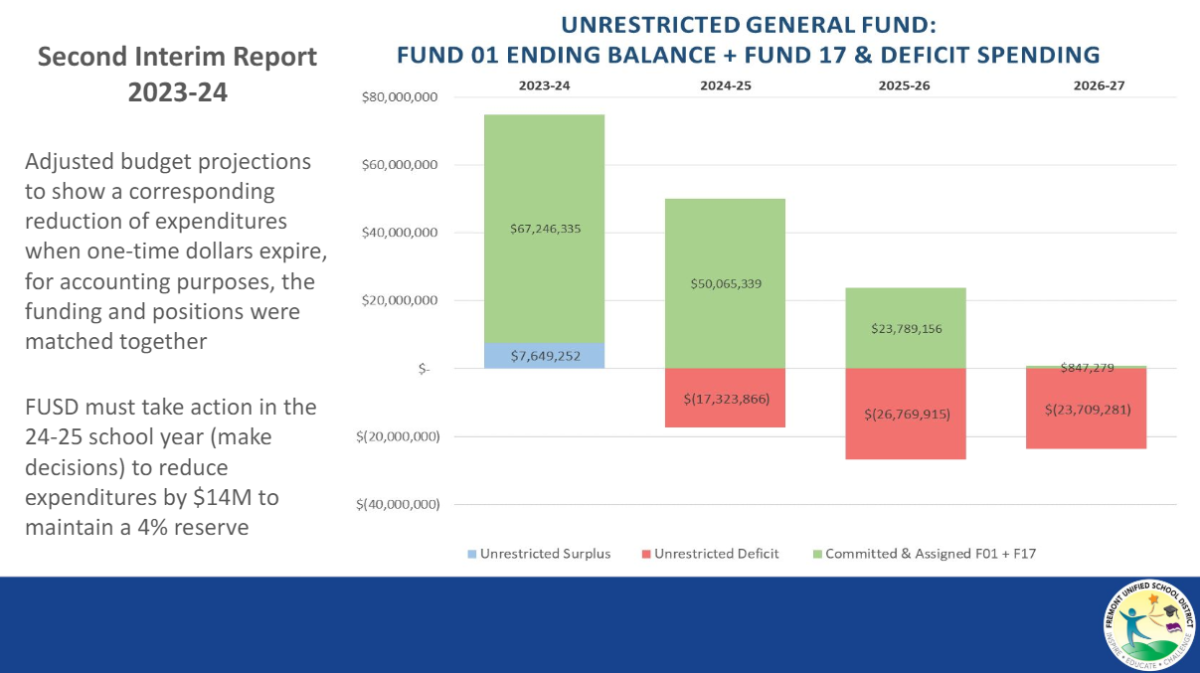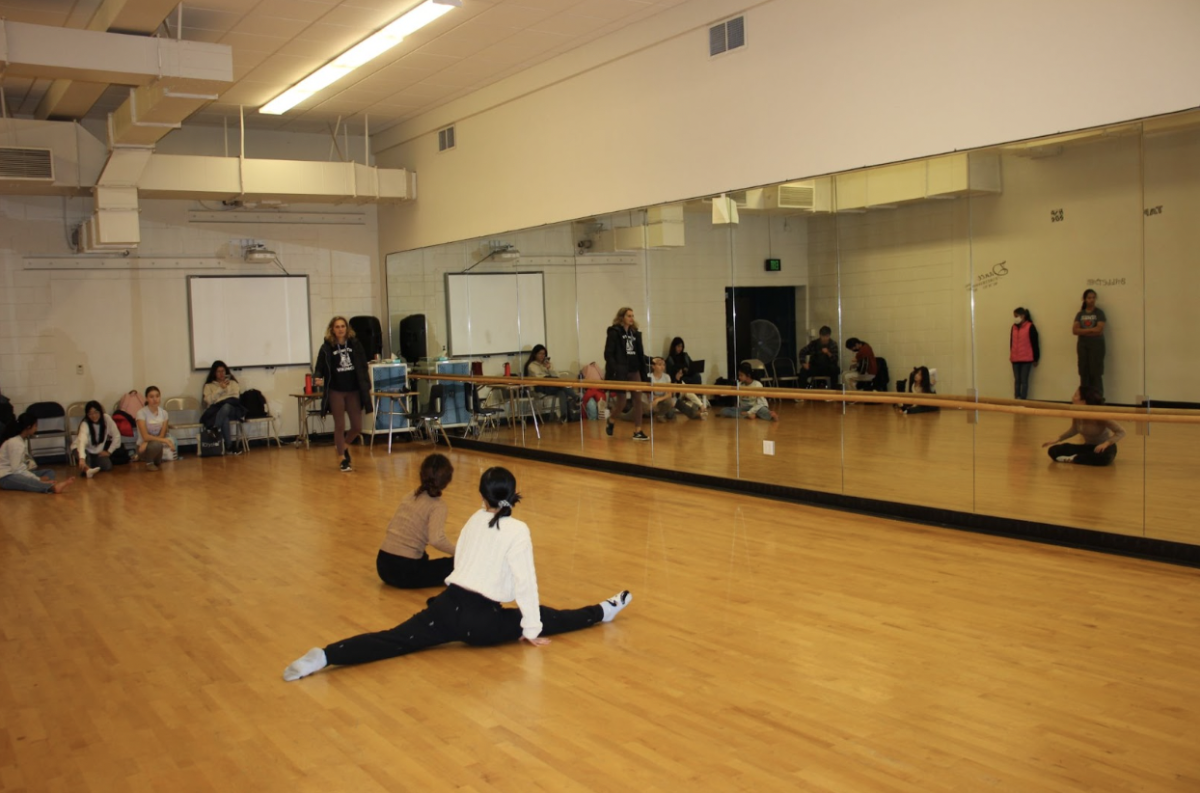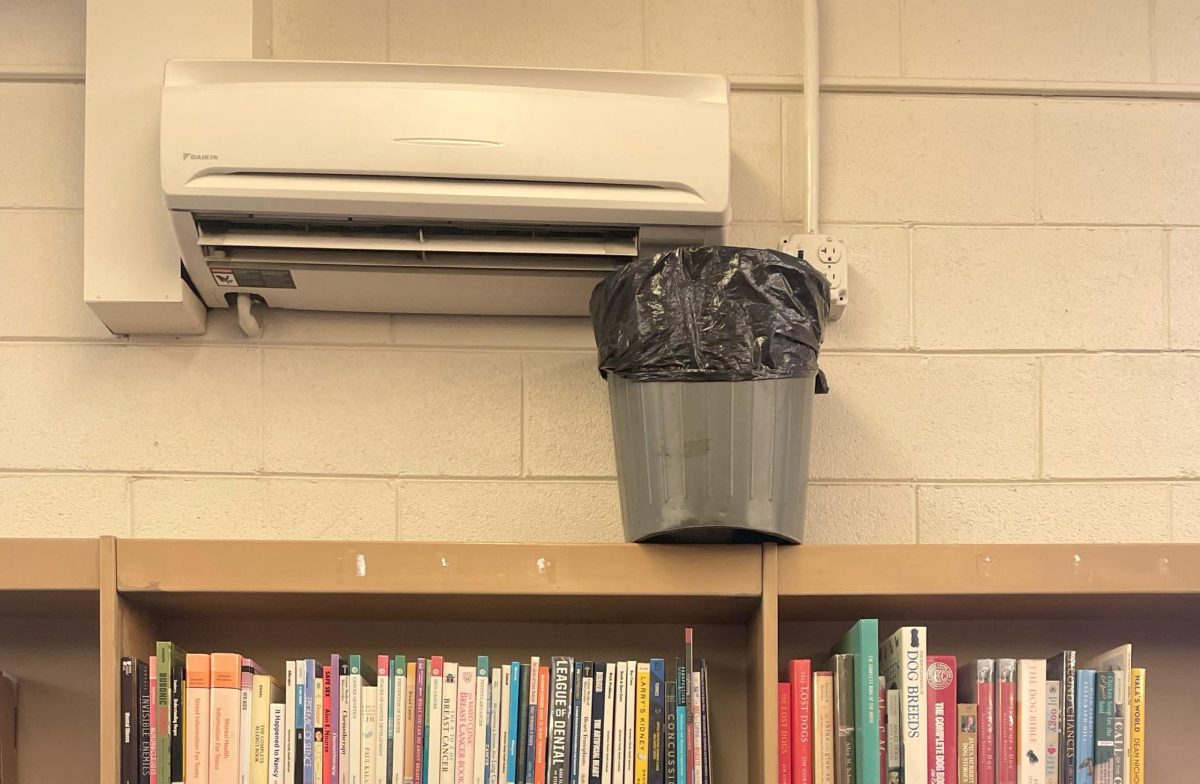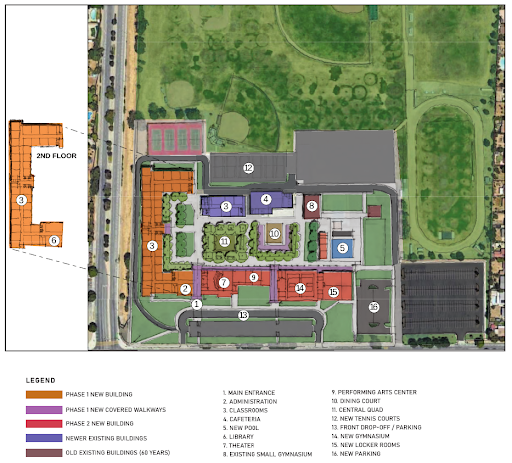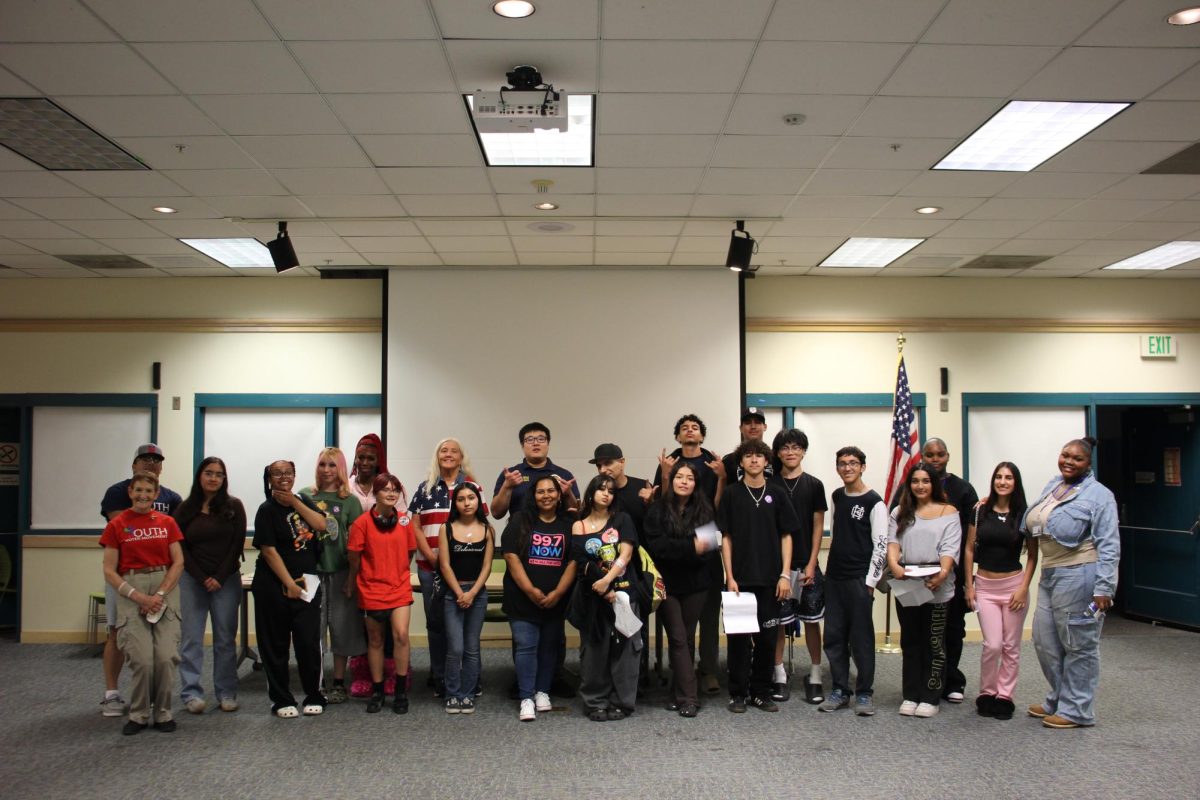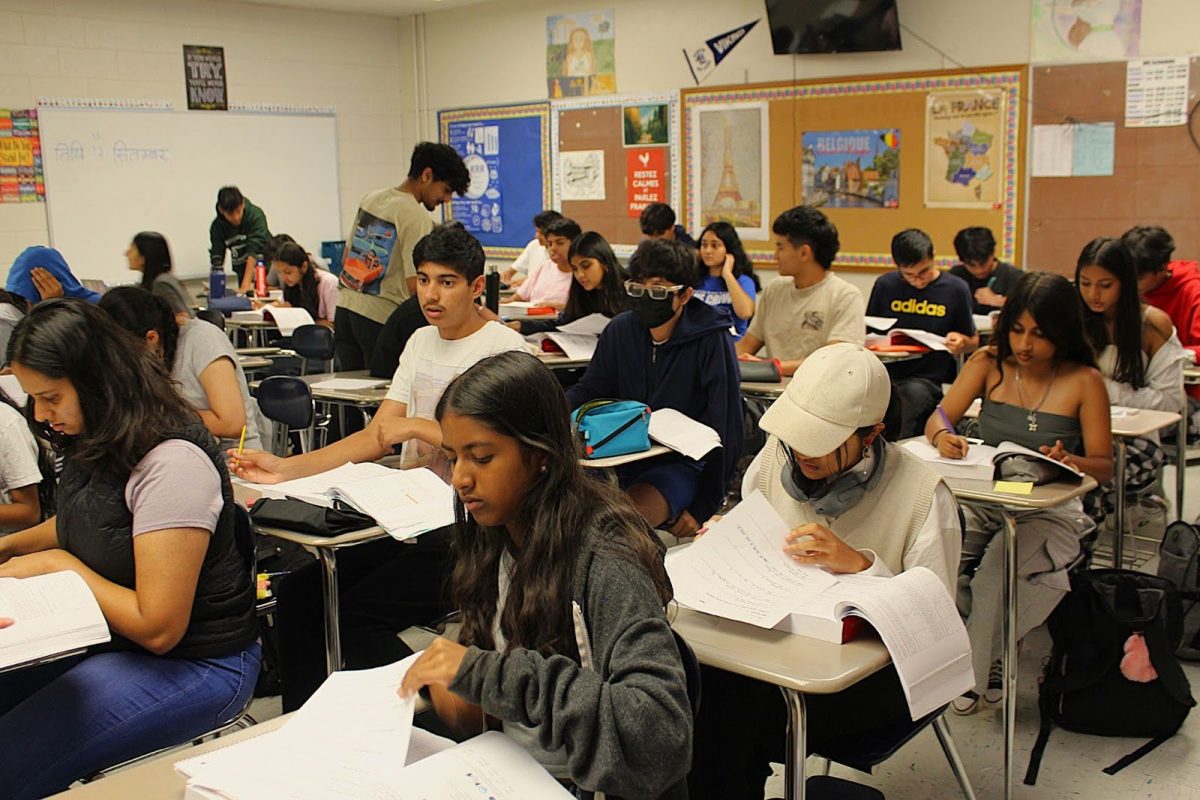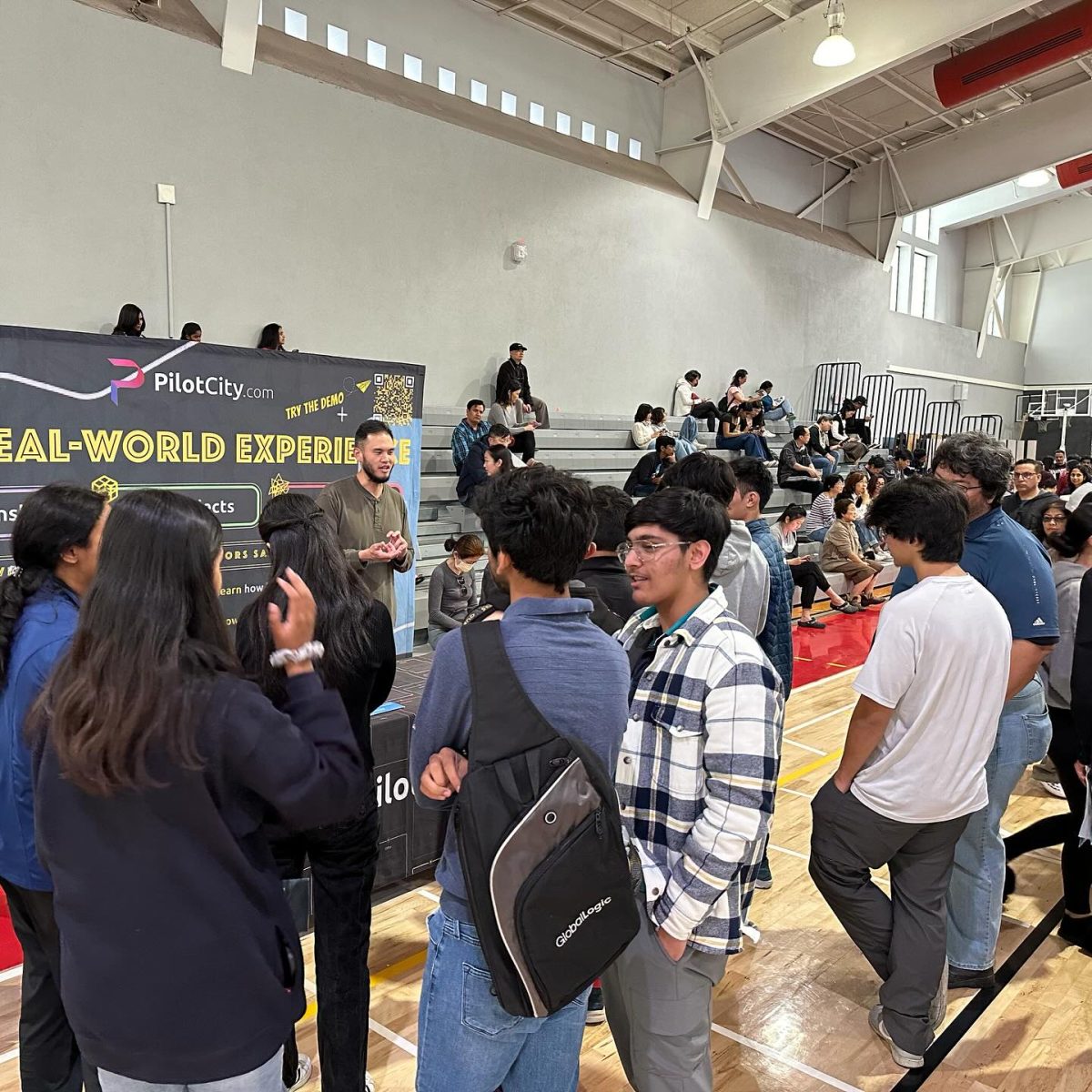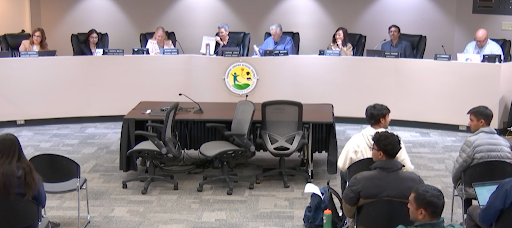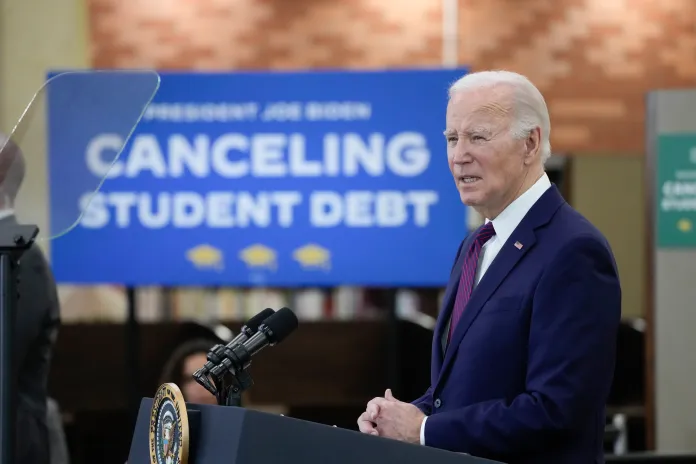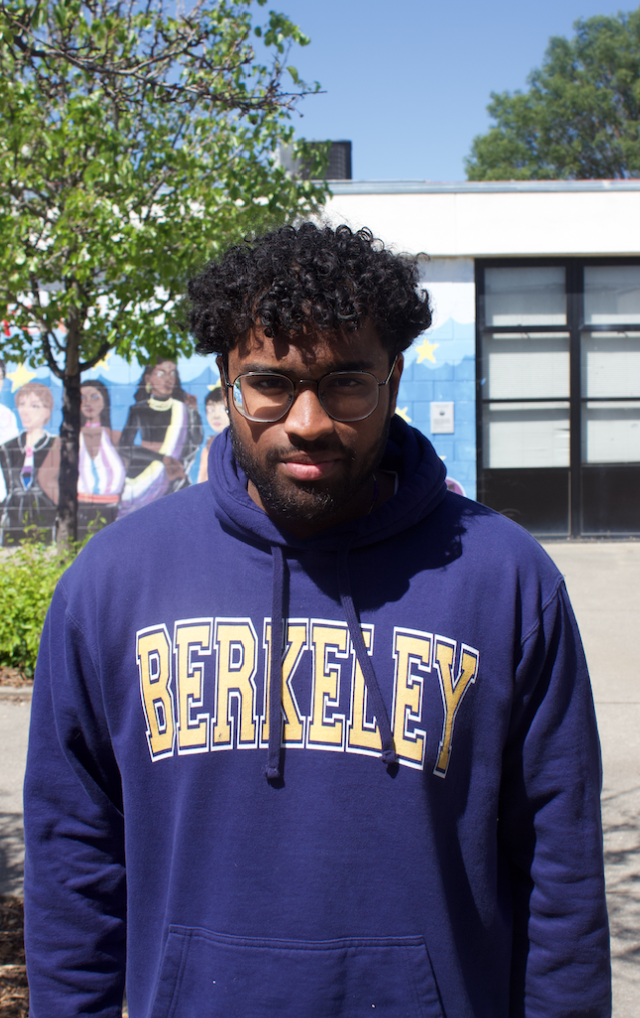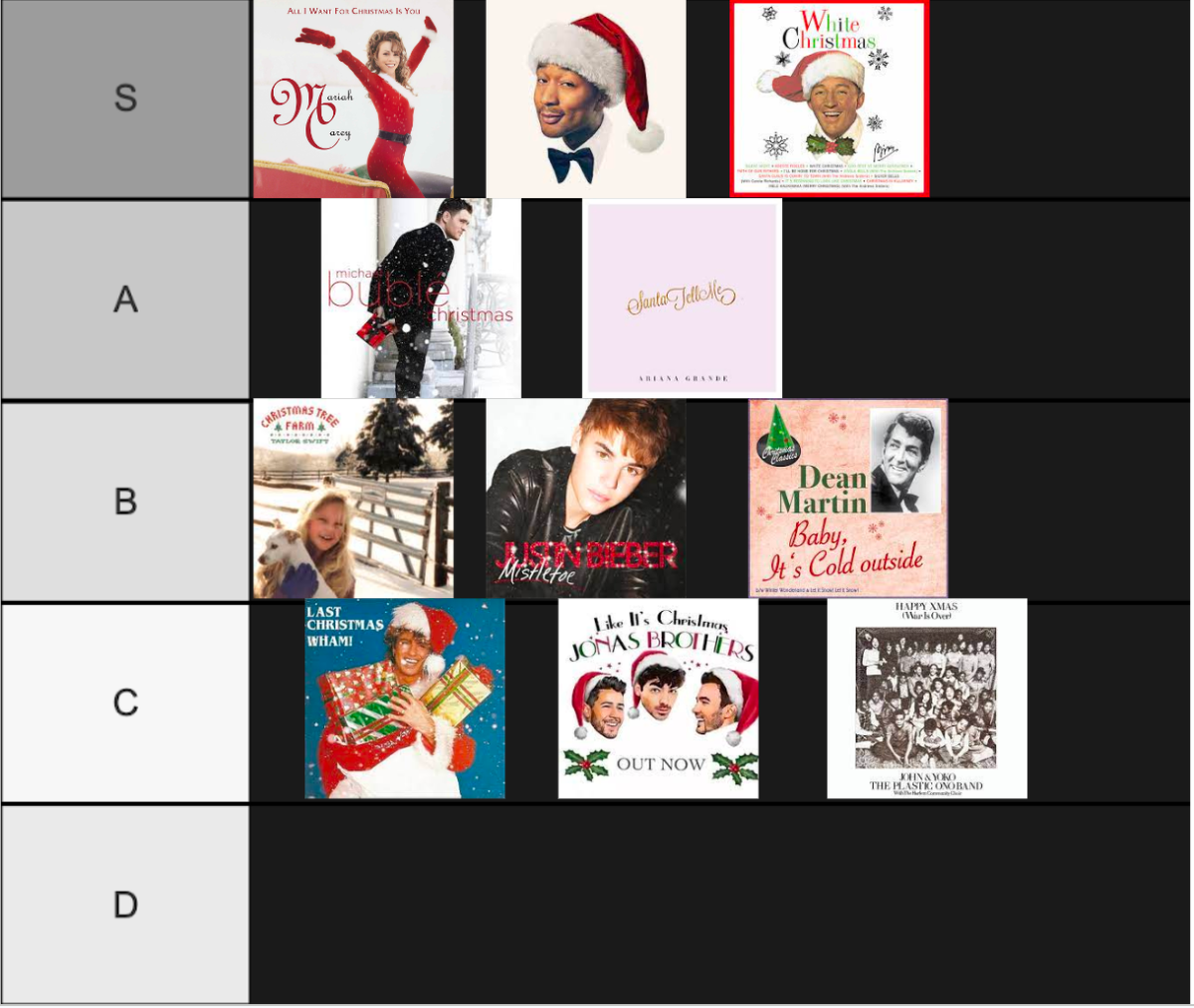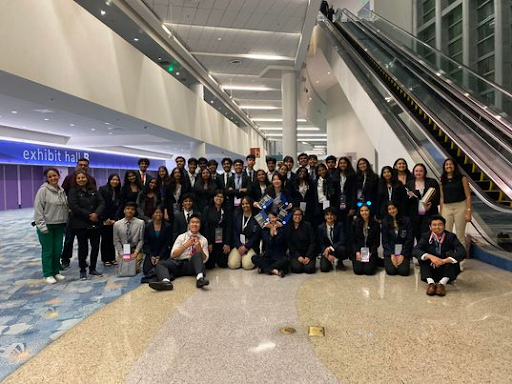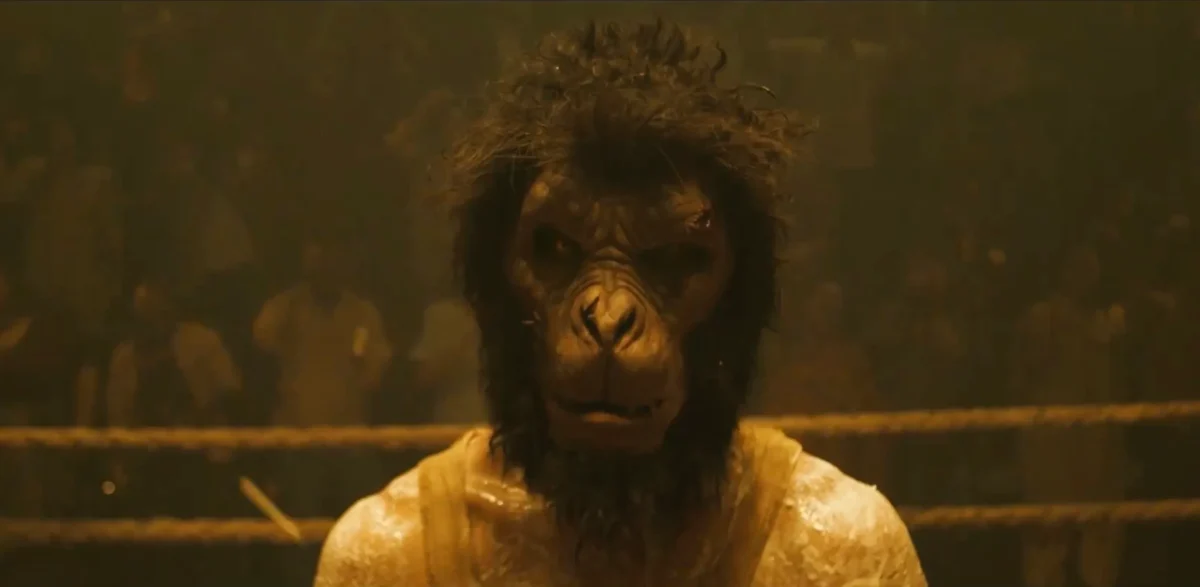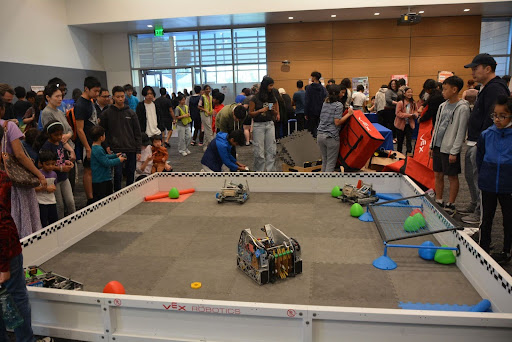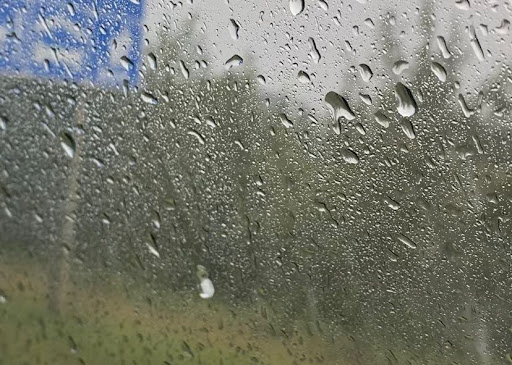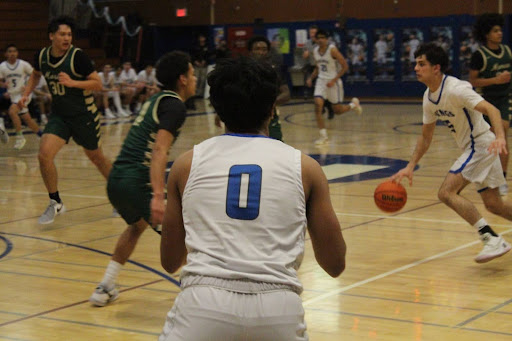Seniors tackle rape culture, stereotypes, climate change, and much more in QUEST projects
By Enya Kuo | News Editor
Irvington seniors presented their QUEST testimonies on May 22, completing and celebrating the end of their last benchmark project in high school. Senior teachers Mr. Rodocker, Ms. Cook-Kallio, and Ms. Piekarski recommended some of the most interesting projects they have seen this year.
Selene Singh – Women in Boxing and Mixed Martial Arts
Can you briefly describe your project and service?
My project was about stereotypes and stigmas on women in boxing and mixed martial arts. I did my service with the San Jose State Police Department’s Rape Aggression Defense, or RAD, program.
Was there a special reason you chose this topic?
I chose this topic because I was raised as the youngest and only daughter with four brothers, and it really bugs me when people tell me that I don’t act the way a girl is supposed to. I don’t believe its right to allow other people define who you are.
What is the most interesting or unique thing about your project?
My service was definitely the most interesting part. The RAD class is really, really great because it’s a women-only class, and it teaches you way more than just how to physically defend yourself. The class really showed me how impacted women are by stereotypes and stigmas, and a lot of the time, we can’t even tell that they are holding us back from excelling.
What are the greatest impacts of your project?
I think the greatest impact of my project was also the service because I met a woman there who had been a victim of domestic violence, and with her specifically, you could see that the society we were all raised in had given her the impression that she was defenseless against the aggression of a male. But by the time she completed the class, we could both see that it was not her physical capabilities that held her back, it was the mental blockade in her mind created by the media that made her feel inferior. RAD really focused on the power of using the voice as a tool in addition to physical techniques. This is what really empowered her and showed her that she had more strength that she thought.
How has this project or QUEST in general influenced you?
A lot of the time throughout the year, QUEST just seemed like a lot of work, and it was very difficult when I tried to shift my focus several times, meaning I had to find all new research for some of my research papers. But there were also a lot of things that were out of my control. Finding a service, I think, was my biggest challenge because I had the plan ready for months, and I just needed a non-profit to accept my service. I contacted over 20 organizations with no luck until RAD. But in the end, when I finished my service, final paper, and testimony, it became something to be proud of that was worth it.
Ivan Onate – Migrant Student Education
Can you briefly describe your project and service?
My project had to do with the migrant education program and how to make school more relevant for migrant students since they face many language barriers and constant movement. My service was attending PAC, or Parental Acquisition, meetings and showing the parents how to make School Loop and email accounts. I also tutored a seventh grade boy and gave him guitar lessons.
Was there a special reason you chose this topic?
I chose this topic because I am Hispanic, and I am aware of the education gap regarding [Hispanics’] graduation rates and attaining bachelor degrees. I decided to just focus on migrant students because they are a specific part of the Hispanic population that find themselves more impoverished and limited in opportunities.
What is the most interesting or unique thing about your project?
The most interesting part of my project was learning how much the parents influence their child’s education and how important it is for them to be knowledgeable of the school system to teach their children. Like in an airplane emergency, first the parent has to secure themselves with oxygen before the child. The oxygen represents knowledge.
What are the greatest impacts of your project?
I think the greatest impact was tutoring Brandon and taking that one step at a time as he shared his success with the rest of the parents at the PAC meeting and inspired the other parents to find some sort of extra help for their children.
How has this project or QUEST in general influenced you?
Now I can get out of my comfort zone as I have learned how to network and communicate with organizations by writing emails or calling them up. Also, I plan to pursue a career in medical interpretation, and working with this community of migrant workers has influenced me to keep pursuing my future career. I also learned public speaking skills and how to present a PowerPoint, so that will help me out in my further endeavors.
Madasyn McGlothlin – Rape Culture
Can you briefly describe your project and service?
I focused on the social issue that society has communicated the idea that rape is not a topic that needs to be brought up or talked about and that it is okay to not report rape crimes. My project was centered around my EQ, “How effective is rape prevention education, and in what ways can it change how rape myths are perceived?”
I chose to work with the YWCA Rape Crisis Department in San Jose, where I learned about the different services they offer, including their rape prevention education presentations. They offer different presentations depending on their audience, which can be anyone from elementary grades to college and even businesses, and I had the opportunity to sit in on one of their high school presentations. They currently give these presentations for little to no cost but because there is a lack of funding, they are foreseeing having to move to a fee-for-service model for their prevention work, namely the education presentations.
For my service, I created an animation for the Rape Crisis Department’s annual fundraiser, Walk A Mile In Her Shoes. It is their largest fundraiser, and, because they hold it themselves, all of the proceeds go toward the Rape Crisis Department specifically. I created the animation for the fundraiser to raise awareness so there could potentially be more participation.
Was there a special reason you chose this topic?
I’d rather not talk about any special reasons that I chose this topic, but I have friends that have been personally affected by the topic of my project.
What is the most interesting or unique thing about your project?
I think the most interesting or unique part about my project is that I created the animation for my service. Not many people have the opportunity to do that for their service.
What are the greatest impacts of your project?
My project has been a great conversation starter to use with the people I know, or sometimes don’t know, to talk about rape and rape prevention and the services offered to rape crime survivors. The more people that are comfortable talking about what rape really is, what services there are for rape crime survivors, and how we can all work to end rape culture, then the closer we are as a community to ending rape culture.
How has this project or QUEST in general influenced you?
I have learned so much from the QUEST project. Although it was hard work and took lots of time management and responsibility, I honestly loved it. I’ve learned so many research tactics and different writing styles that I know will be beneficial to me in the future. In the past I had heard from the upperclassmen about how Irvington should just get rid of the QUEST, but having completed it, I don’t know how someone could feel that way. The personal growth and the impact on our community makes all the hard work and late nights worth it.
Lauren Cooper – Climate Change
Can you briefly describe your project and service?
My project was about how climate change is affecting California’s food and water resources, how farmers could adapt to these adverse effects, and how California residents can adapt to both current changes and prepare for future changes. My service was working with a non-profit farm in Sunnyvale, where I learned how to grow food and taught others how to grow food.
Was there a special reason you chose this topic?
A really important part of my life and who I am as a person is helping other people in any way that I can. I initially wanted my QUEST topic to be medically related to reflect that. However, I changed my mind after I heard a program on NPR about the social implications of global climate change and what humans will have to do for basic necessities in the future. I realized that there won’t be anyone for me or anybody else to help if we don’t fix the planet, or at least attempt to prolong further damage.
What is the most interesting or unique thing about your project?
The most interesting part about my project definitely my service and my research. I had no idea just how difficult farming could be and for lack of better words, I sucked at first. The first time I tried to plant a broccoli sprout I tore the roots–three times. I would return to check on sprouts I had planted the weekend prior only to find out that either birds or squirrels decided to eat the squash sprouts.
Growing food requires a delicate balance of water, sunshine, pesticides and soil nutrients. The soil composition and texture is really important, too. I spent a lot of time breaking up clumps of soil and helping to mix up the worm compost. It felt really amazing to have my hands in the soil and grow food from the ground up.We don’t know what our future food situation will be, so it is critical that our younger generation understands how to grow their own food; I enjoyed taking part in teaching them. Most of us don’t understand what happens to our food prior to arriving at the grocery store and it was really interesting understanding the that process and acquiring the skills to grow food on my own.
There’s an article I found from the SF Gate paper that discusses San Francisco’s water conservation efforts. The author talks about how people are using low-pressure faucets and shower heads, taking shorter showers, etc. and how the average SF resident uses 49 gallons of water per day as opposed to other California residents using 100 gallons per day. San Francisco saves millions of gallons of water per year by making small adjustments to their water consumption habits. It was the most unique article from my research because it was the only one that wasn’t gloomy or “shame on humans because the world is ending”; it was hopeful. It proved that if everyone makes minor adjustments, together we really can make a monumental difference.
What are the greatest impacts of your project?
The greatest impacts definitely came from my service. The farm I volunteered for has very few full time workers for what is a full time job. Helping the farm out in turn directly helped farmers: If more people are buying from local farms and farmer’s markets, they are buying less from the grocery stores. As a result, farmers don’t have to mass produce nearly as much for grocery stores. I realize helping one farm isn’t a big impact, but it didn’t stop me from genuinely wanting to make a difference, no matter how small.
How has this project or QUEST in general influenced you?
Well, aside from learning how tired you can be if you start your assignments at 12am, it has changed how my family purchases produce. Since my service, we buy a lot more from the Farmers Market when its open on Sundays. Everyone keeps track of how long everyone else’s shower is and you’ll get a knock on the door after 5 minutes, signaling its time for you to get out. I nag anyone who lets the water run when they’re not using it, and my mom helps out too, shouting, “WE’RE IN A DROUGHT!!” anytime somebody leaves water running unattended. We are also slightly letting our grass die by watering it only 3-4 times a week. My parents are planning to replace all the grass with desert landscape, which doesn’t require any water or maintenance. My project has definitely impacted how my family is adapting to the changes in our food and water resources. As for myself, at some point in my life I’d like to work toward addressing the many problems climate change presents.
Kevin Chen – Science Mentoring
Can you briefly describe your project and service?
For my service, my friend Amit and I started the Science Alliance, a student-run mentoring program in which high school students mentor junior high students in science fair projects. We set up monthly meetings and activities for the mentors and students, and at the end of the program, it all culminated in the Irvington Science Fair, which allowed the students present and get recognized for their work.
Was there a special reason you chose this topic?
Actually, like most of my activities in high school, Science Alliance was a happy accident. I stumbled across it while talking to some friends at the Alameda County Science Fair and thought it would be nice to start the program at Irvington. It wasn’t until September that I realized that this program could double up as my QUEST project.
What is the most interesting or unique thing about your project?
I think the unique part is student-to-student mentoring aspect. It creates a win-win situation. The high school students get to reinforce their knowledge by teaching and the junior high students learn about the process of science. Everyone benefits, and it’s also just a lot of fun doing science with friends.
What are the greatest impacts of your project?
It would definitely be the impressions we left on the younger science students. A lot of them said in surveys that they planned on doing science research in high school and even becoming a mentor themselves one day. As a senior, looking back on my own high school career, science research is something I wish I got involved in at a much earlier stage, and it’s good to know that these students will come into high school with some previous experience.
How has this project or QUEST in general influenced you?
It’s made me consider the rewards and challenges of career in science education. I’ve found that teaching is one of the most important, difficult, and under-incentivized fields in society. Imbuing students with a sense of wonder and love of learning is definitely no easy feat, but if you want to have the most impact on someone’s life, it’s definitely a career worth going into. Hopefully, in the future, I can teach on the side in addition to doing research.
Wylie Winheim – Racial Preconceptions in Academics
Can you briefly describe your project and service?
My QUEST was on racial preconceptions of academic ability or the assumptions that certain races are more capable of academic success. For my service, I went with Facing History and Ourselves to two events: Remembering Martin Luther King Jr. in Words and Music, and The Facing History Benefit Dinner.
Was there a special reason you chose this topic?
I chose my topic because of an article I read about Tuscaloosa, Alabama, where they were putting students under different academic standards based on race and socioeconomic level. That really made me upset and wonder how people could put young kids under rules that could possibly change how they look at their academic level and whether or not they succeed later on in school.
What is the most interesting or unique thing about your project?
I addressed racism, racial bias in the classroom, and how teachers and we as students can address the issue and make the classroom a comfortable environment to talk about these things.
What are the greatest impacts of your project?
The greatest impact of my project, I think, is getting the word out that stereotyping in and outside of the classroom is a huge issue that can devastate a student’s self-esteem when it comes to their academic level.
How has this project or QUEST in general influenced you?
My QUEST has given me new vocabulary to discuss and an issue that requires the ability to articulate the issue itself. I really feel like I’ve grown a lot because of it.


